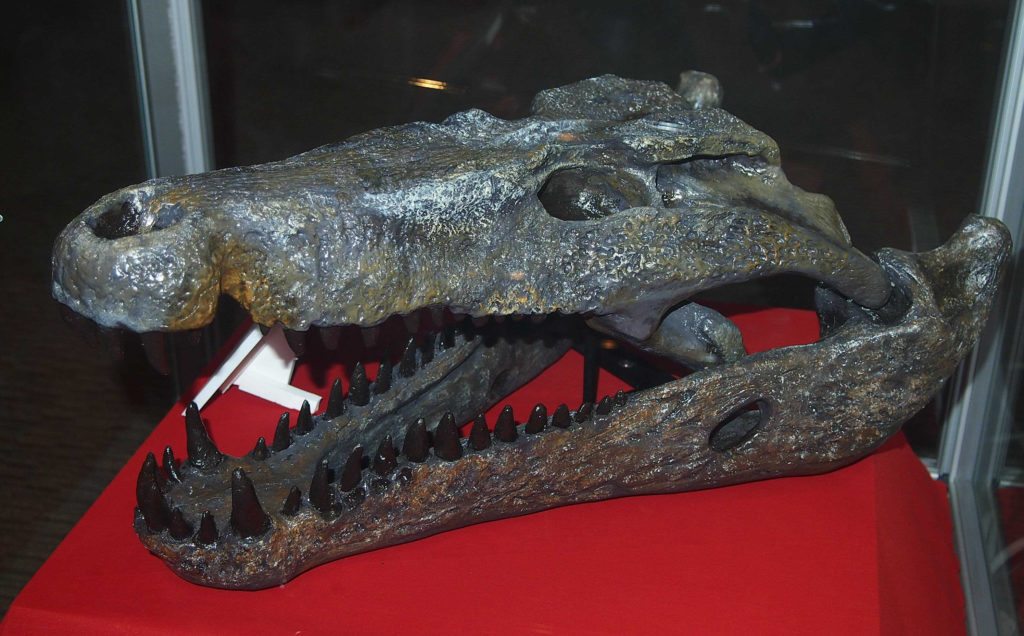Australia is renowned for being home to several species that evolved unusual variations on ecological traits we see in animals elsewhere. Marsupials and monotremes are famous examples, but the continent’s history of biological oddities doesn’t only consist of mammals. The quinkana, a prehistoric crocodilian, was another product of unusual evolution down under. Sadly, it became extinct long before we could properly understand its rightful place on the reptile family tree. Fossilised remains of what are thought to be at least four species of quinkana have been found in Queensland. By dating these, scientists have concluded that the quinkana occupied parts of the state during the Pleistocene era (2.6 million to 11,700 years ago).

This period is associated with megafauna: land animals that typically grew to larger sizes than we see in similar organisms now. The term would easily apply to the largest species of quinkana: it could have been around six metres (19.7 feet) in length and as tall as an adult human. Reconstructions of quinkana skeletons have indicated that it had an elongated body like a modern crocodile or alligator. In contrast to its extant relatives, though, a quinkana appears to have had flattened, serrated teeth and longer legs that lifted its torso clear of the ground. Taken together, these traits suggest that it had a largely land-based lifestyle rather than the aquatic habits associated with today’s crocodilians.
It’s not known why the quinkana went extinct. Like other Pleistocene fauna, it might have fallen victim to variable climate conditions. Humans could have played a role too. Anthropologists estimate that people colonised Australia around 50,000 years ago. As top predators, quinkana might have been a threat to these early settlers. If so, they were possibly killed for food or in self-defence. However, the human contribution to Pleistocene extinctions is debated.














